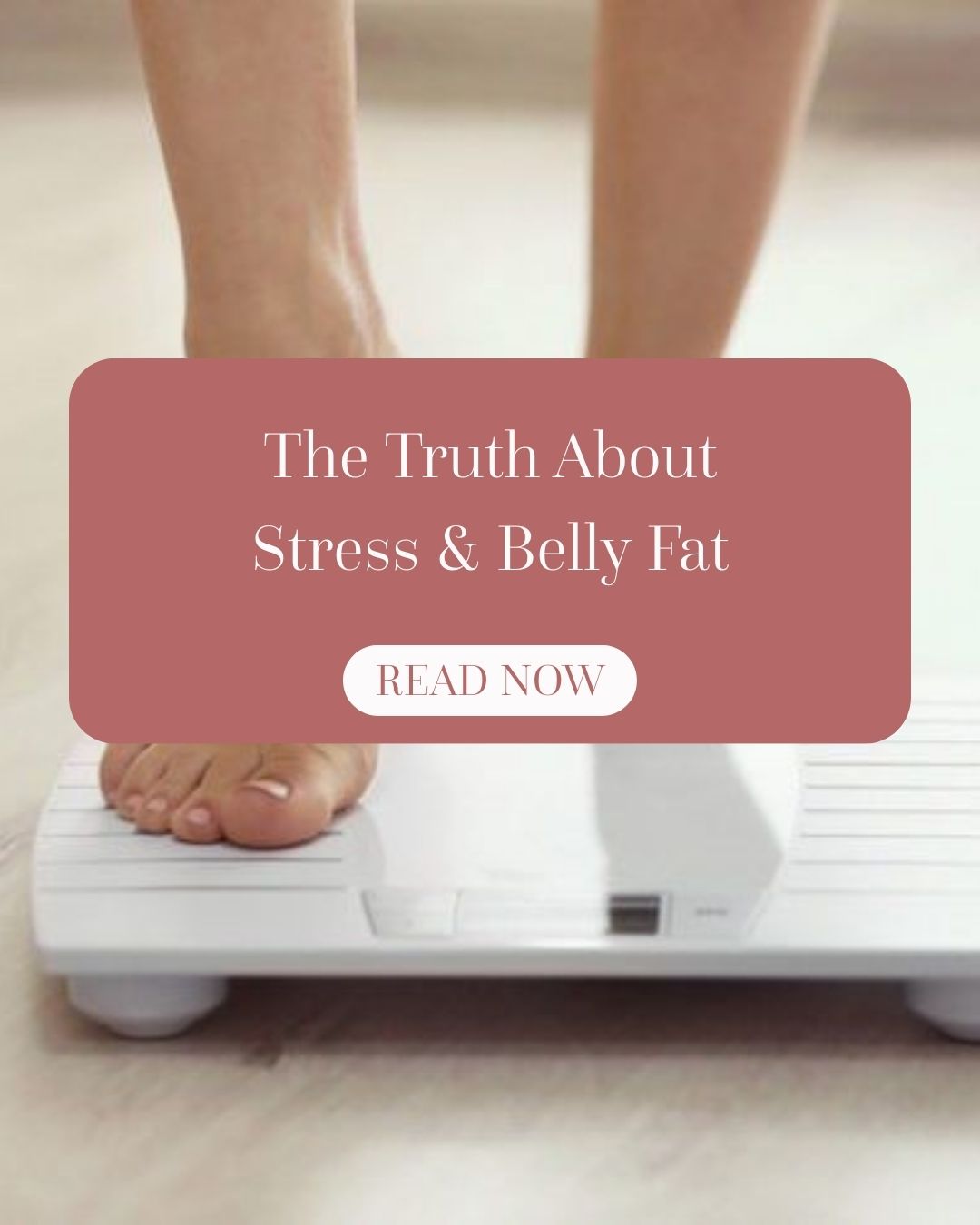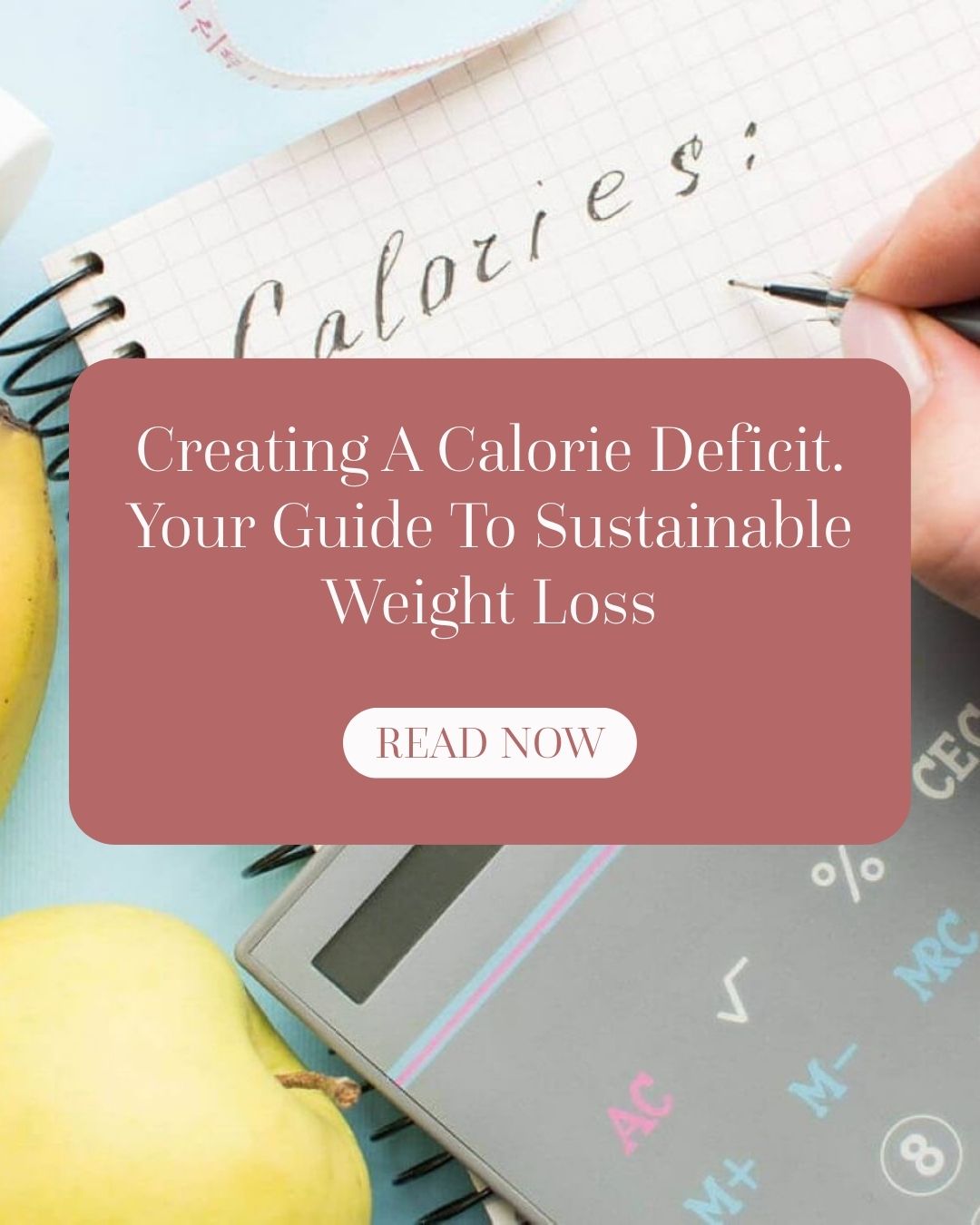It's only a quarter of the way into 2021, but with all the stress and uncertainty surrounding COVID, combined with the usual pressures of life (relationships, kids, work, health issues… the list is endless), it can already seem like a decade has passed since the beginning of 2020.
If you are feeling tired, stressed and low in energy, you are not alone.
Stress can have a MASSIVE impact on your energy levels – not to mention your mental health and overall wellbeing.
While removing the stressors in your life may not always be possible, making some small, yet important adjustments in your daily routine can create a massive shift and ultimately lead to a happier, healthier and more energetic you.
We’d love to share some of our favourite energy-boosting tips with you below.
You are what you eat.
Choose low GI foods (such as proteins and good fats) that are absorbed slowly; over high GI foods (such as sugar and starches) that are absorbed quickly. Protein-based foods provide the best source of long-lasting energy to fuel your body throughout the day; compared with sugar, which can lead to a sudden ‘crash’ after only a short energy ‘burst’.
Choose organic foods to avoid the ingestion of nasty chemicals, pesticides, antibiotics or heavy metals that can wipe your energy. Organic foods are also higher in essential nutrients and antioxidants that your body uses to create ‘fuel’.
It may be worth consulting your GP, Naturopath or Dietician to determine which foods are best for your individual circumstances and if you are depleted of any necessary vitamins or minerals. They may suggest you invest in some quality supplements and/or vitamins to help restore this balance.
Get moving.
You don’t need to be an Olympian! Exercise can be effective when kept simple, enjoyable, low impact and regular. Can you spare 20 minutes per day (most days) to go for a walk, play with the kids in the park, swim at the beach or do some yoga/stretching at home? Regularly taking this time for yourself, going at your own pace, can make a world of difference to your energy levels, as well as your mood.
Exercise triggers the brain to produce endorphins (happy hormones) that improve and maintain your mood. When you feel happy, you will be more motivated to keep moving, in a positive cycle.
Exercise releases mitochondria (the ‘powerhouse’ in each cell of your body). The more you exercise, the more mitochondria your body thinks it needs, thus the more it produces, and so on.
Exercise also improves sleep. When we exercise, we become overheated, with the body cooling down slowly over the ensuing hours. This cooling process signals to the body that it’s ‘sleep time’ by bedtime, resulting in better quality sleep, which equals more energy the next day.
Stress less.

Less time stressing means more energy saved. Stress releases cortisol and adrenaline into the body, to help you ‘cope’. This creates a ‘rush’ of energy. Sustained stress (and cortisol production) can deplete your adrenal glands and lead to fatigue.
Don’t stress – easier said than done, right?
While it’s important to accept the things you can’t control, are there any things you can immediately take off your proverbial ‘plate’ that do not need to be there and that don’t serve you? For example, can you ask friends for help/support, delegate tasks, enlist the help of a professional (such as a finance specialist of counsellor) and make time that is just for you (such as meditation)?
This might not ‘fix’ your problems per se, but it will lighten your load, provide you with support and give you the tools to manage your problems head on.
Timing is everything.
It’s not just what you eat and how much you exercise that’s important, it’s when you do it. You may love a morning coffee and a biscuit (or two) for morning tea, but consuming stimulants such as caffeine and sugar past about 2pm can lead to a ‘crash’ in the afternoon, which can disrupt your sleep pattern and/or keep your body awake past bedtime. A better alternative is decaf herbal tea and some fruit or naturally sweetened dessert/afternoon tea.
Exercise before bed is also a no go. Finding time for yourself can be difficult when juggling work and family commitments, but it is a must that you schedule your exercise routine at least a few hours before bed, to allow your body the time it needs to wind-down and prepare for sleep.
Dream it, do it.
When you don’t get enough sleep – quality sleep, you simply don’t have enough energy the next day to live and perform at an optimal level.
A good sleep hygiene routine is important to help you achieve a restful night’s sleep – not just the amount of time you’re ‘in bed’, but actual uninterrupted REM cycles and unbroken sleep.
You may choose to follow certain ‘rituals’ before bed to prepare yourself and your room for sleep. This can include turning off the TV, using calming essential oils (like lavender), drinking herbal teas (like chamomile or valerian) or meditating half an hour before bed (there are some wonderful apps to help with this).
If this still isn’t working, speak to your GP about natural supplements or medication (such as melatonin).
Drink up.
While dehydration can cause fatigue, your body can also ‘trick’ you into thinking you’re tired, when you are actually dehydrated.
If you are feeling thirsty, you are already dehydrated.
When dehydration sets in, your blood pressure will drop, leading to poor circulation and reduced blood and oxygen flow to the brain. You will also experience a drop in blood fluid volume, which will cause your heart to work harder as it pumps nutrients, blood and fluid to your organs and cells.
This can lead to muscle cramps/spasms, inability to exercise or sleep and ultimately fatigue.
Just another few reasons to put yourself first and maintain a healthy routine!
If you are struggling with stress and/or poor energy levels, please visit us at www.organicinstinct.net.au for more healthy tips, recipes and products to keep you feeling energised.




















